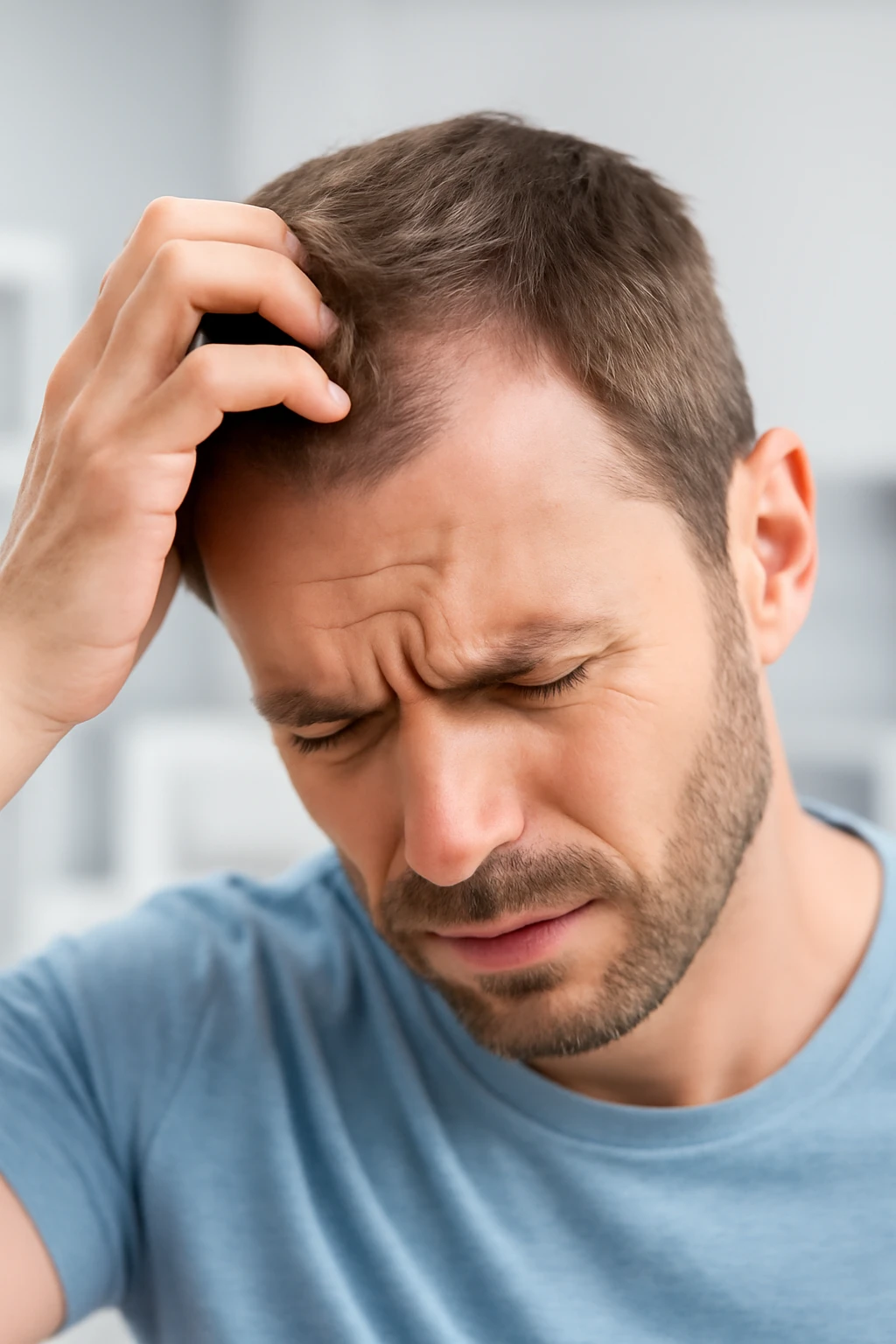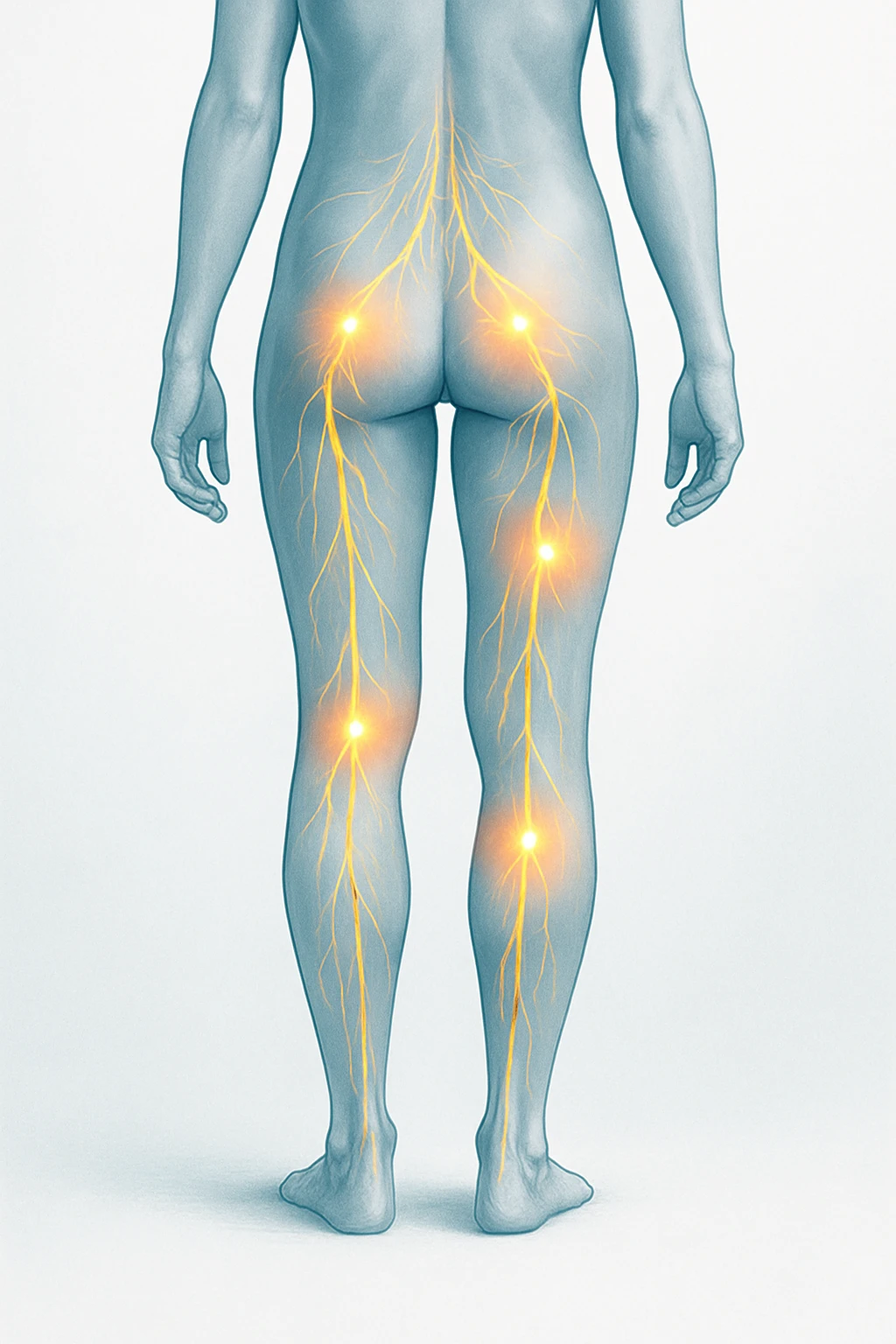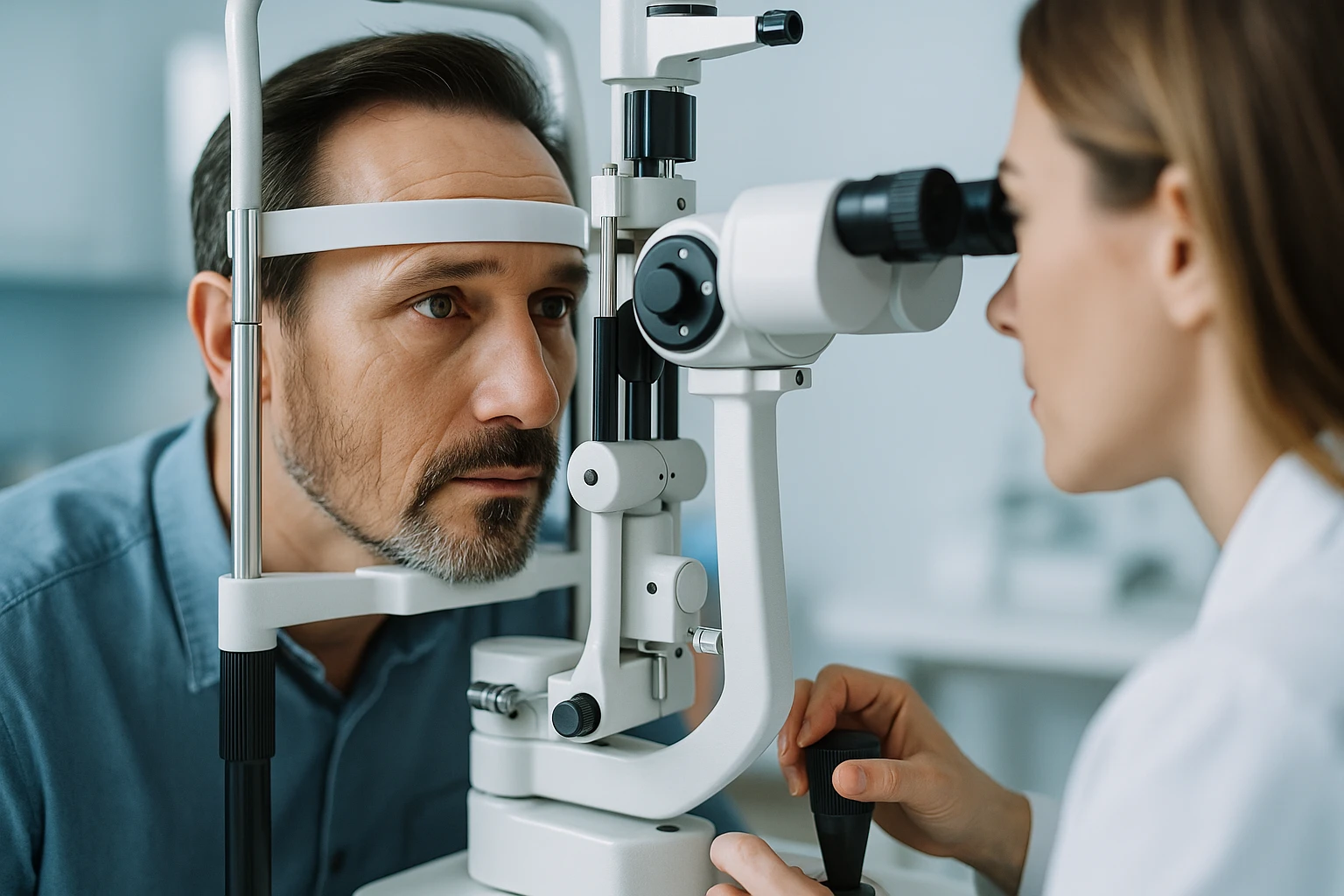Common Causes and Treatments for Itchy Scalp
What Causes Scalp Itch?
Scalp itch, also known as pruritus of the scalp, is a common condition where the skin on the scalp feels irritated, leading to the urge to scratch. While it may seem like a minor annoyance, persistent scalp itch can be uncomfortable and even interfere with daily activities. This condition can also be indicative of underlying health issues, ranging from simple dryness to more complex dermatologic conditions.
The causes of itchy scalp vary widely. Some of the most common causes include:
- Dandruff
- Seborrheic dermatitis
- Fungal infections (e.g., tinea capitis)
- Psoriasis
Additionally, psychological factors, such as stress and anxiety, can also contribute to scalp itch. Understanding the causes and symptoms of scalp itch is the first step in addressing the discomfort and seeking appropriate treatment.
Common Causes of Scalp Itch
Seborrheic Dermatitis and Dandruff
Seborrheic dermatitis is one of the most common causes of an itchy scalp. It is a chronic condition that causes the skin on the scalp to become inflamed, red, and flaky. The flakes are often referred to as dandruff. This condition can lead to intense itching, as the skin becomes irritated by the overgrowth of yeast that naturally lives on the scalp. In addition to dandruff, seborrheic dermatitis can also cause greasy, yellowish scales, making the scalp feel uncomfortable.
Dandruff, which is a milder form of seborrheic dermatitis, is characterized by flaking of the scalp, often without inflammation. Though dandruff itself isn’t usually associated with severe irritation, it can still lead to persistent itching, especially if the flakes cause dryness or irritation to the scalp.
Psoriasis and Other Dermatitis Conditions
Scalp psoriasis is another condition that can cause significant itching. Psoriasis is an autoimmune disorder that accelerates the growth of skin cells, leading to the formation of thick, silvery scales on the scalp. These scales can become dry and cracked, leading to itching and sometimes pain. Psoriasis on the scalp can also extend to the forehead, neck, and behind the ears, making the condition more noticeable and uncomfortable.
Other forms of dermatitis, such as atopic dermatitis (eczema), can also contribute to scalp itch. Atopic dermatitis typically causes dry, itchy patches on the skin, which can extend to the scalp. It is commonly seen in individuals with a family history of allergies or asthma. Allergic reactions to hair products or other environmental factors can also irritate the scalp, leading to itching and discomfort.
Infections and Systemic Factors
Fungal Infections (Tinea Capitis)
Fungal infections, such as tinea capitis (commonly known as scalp ringworm), are a common cause of an itchy scalp. Tinea capitis is caused by a group of fungi called dermatophytes, which thrive on the keratin found in the hair and skin. The infection leads to redness, scaly patches, and hair loss in some cases. The affected area may be itchy and inflamed, often causing significant discomfort. Treatment for tinea capitis typically involves antifungal medications, such as oral griseofulvin or terbinafine, and sometimes medicated shampoos. Early treatment is essential to prevent the infection from spreading to other areas or to others.
Psychological and Systemic Contributions
In addition to dermatologic conditions, psychological factors and systemic conditions can also contribute to scalp itch. Stress and anxiety are common triggers, as they can affect the skin’s response and increase sensitivity, causing itching without visible lesions. Moreover, neurological conditions, such as nerve damage or dysfunction, can lead to a sensation of itch on the scalp. These conditions may not show obvious external signs but can result in persistent discomfort. Managing stress and addressing underlying neurological or psychological issues may help alleviate the scalp itch caused by these factors.
How Scalp Itch is Diagnosed
Initial Clinical Evaluation
When diagnosing scalp itch, the first step is a thorough clinical evaluation. A dermatologist will begin by examining the scalp for visible signs such as lesions, redness, scaling, or hair loss. These physical symptoms can provide important clues about the underlying condition. The dermatologist may also inquire about the duration and severity of the itch, as well as any associated symptoms like inflammation or flaking. This initial evaluation helps the healthcare provider narrow down potential causes and determine whether the issue is dermatologic in nature, such as dandruff or psoriasis, or if it may be related to another type of condition.
Differentiating Between Causes
Once visible symptoms are assessed, the next step is to differentiate between possible causes of the scalp itch. Dermatologists often take a detailed patient history to understand factors like personal and family medical history, recent changes in health, or exposure to allergens. Additional tests may be necessary, such as fungal cultures, skin biopsies, or blood tests, to identify infections like tinea capitis or to rule out systemic or psychogenic causes. The goal is to determine whether the itch is caused by a dermatologic condition, such as seborrheic dermatitis, or by external factors like stress or neurological issues.
Treatment Options for Scalp Itch
Over-the-Counter Remedies
For mild cases of scalp itch, over-the-counter (OTC) remedies can often provide relief. OTC shampoos containing active ingredients such as zinc pyrithione, which helps control dandruff, or coal tar, which can soothe inflammation, are commonly used. These shampoos work by addressing the underlying causes of scalp irritation, such as excess oil or fungal overgrowth. In addition to shampoos, moisturizers and topical corticosteroids can help reduce itching and soothe inflamed skin. These treatments are usually effective for managing mild symptoms and can be purchased without a prescription.
Prescription Treatments
For persistent or more severe cases of itchy scalp, professional evaluation is recommended to tailor treatment to the underlying cause. Prescription treatments may include topical antifungal medications such as ketoconazole, which targets fungal infections like seborrheic dermatitis and tinea capitis. Additionally, stronger corticosteroids like hydrocortisone may be prescribed to reduce inflammation and control itching when OTC treatments are insufficient. In more complex cases, a healthcare provider may recommend oral medications to treat systemic or deeply rooted conditions.
Preventing Scalp Itch and Managing Chronic Conditions
Daily Scalp Care Tips
Maintaining a healthy scalp is key to preventing scalp itch. One important step is to use gentle, moisturizing shampoos that help cleanse without stripping the scalp of its natural oils. Choose shampoos that are free from harsh chemicals or fragrances, as these can irritate the skin and worsen itchiness. Regularly moisturizing the scalp, especially after washing, can help maintain hydration and reduce dryness, which can contribute to itching. Additionally, avoiding hot water and vigorous scrubbing can prevent further irritation of sensitive skin.
Managing Long-Term Conditions
For individuals with chronic conditions like seborrheic dermatitis, consistent treatment is essential to prevent flare-ups of scalp itch. Seborrheic dermatitis, which causes inflammation and flaking on the scalp, requires regular use of medicated shampoos or topical treatments to control symptoms. These treatments, often containing ingredients like ketoconazole or zinc pyrithione, can help reduce inflammation and fungal overgrowth. By staying on top of treatment and managing flare-ups promptly, it is possible to keep the condition under control and minimize the frequency and severity of scalp itch.
When to Seek Medical Attention
Red Flags for Serious Conditions
While scalp itch is often a mild and temporary condition, there are instances when medical attention is necessary. If the itch persists despite over-the-counter treatments or if it worsens over time, it may indicate an underlying condition that requires professional care. Some warning signs that warrant a visit to a healthcare provider include:
- Severe or Persistent Itch: If the scalp itch lasts for several weeks or becomes increasingly intense, it may be a sign of a more serious condition.
- Hair Loss: Significant hair shedding or thinning along with scalp itch could suggest a condition like scalp psoriasis or fungal infection, which requires medical evaluation.
- Visible Scalp Infections: Redness, sores, or crusting on the scalp may indicate an infection, such as fungal or bacterial, that needs targeted treatment.
- Systemic Symptoms: If scalp itch is accompanied by fever, fatigue, or other systemic symptoms, this could suggest a more serious issue like a systemic skin condition or infection.
If any of these red flags are present, it is important to consult a healthcare provider for a thorough evaluation and appropriate treatment. Early intervention can help prevent the condition from worsening and ensure proper care.
- Seborrheic dermatitis is a common cause of itchy scalp.
- Fungal infections like tinea capitis can cause scalp itch.
- Scalp psoriasis, atopic dermatitis, and allergic reactions can also lead to itchy scalp.
- Psychological factors and systemic conditions, such as nerve issues, may contribute to scalp itch.
- Scalp itch is diagnosed based on symptoms like lesions, hair loss, and patient history.
- Topical treatments, such as ketoconazole, hydrocortisone, and zinc pyrithione, manage scalp itch effectively.
- Over-the-counter shampoos, moisturizers, and corticosteroids can relieve mild scalp itch.
- If scalp itch persists, professional evaluation is needed to address the underlying cause.
- Using gentle, moisturizing shampoos can help reduce scalp irritation and dryness.
- Consistent treatment of conditions like seborrheic dermatitis prevents recurrent scalp itch flare-ups.
- Why does my scalp itch? Scalp itch can be caused by a variety of factors, including dandruff, seborrheic dermatitis, fungal infections, and psoriasis. Psychological factors like stress can also contribute to itching.
- When should I see a doctor for an itchy scalp? If the itch persists despite home treatments, worsens over time, or is accompanied by hair loss, sores, or fever, it’s time to consult a healthcare provider for further evaluation.
- Is dandruff the same as seborrheic dermatitis? Dandruff is a milder form of seborrheic dermatitis. While both can cause scalp flaking, seborrheic dermatitis typically involves more inflammation and may include greasy, yellowish scales.
- Can stress cause an itchy scalp? Yes, stress and anxiety are known to trigger scalp itch by affecting the skin’s response and increasing sensitivity, even without visible lesions.
- What treatments are available for scalp itch? Over-the-counter shampoos with ingredients like zinc pyrithione and coal tar can help relieve mild scalp itch. For more severe cases, prescription treatments such as ketoconazole or hydrocortisone may be necessary.
- How can I prevent scalp itch? Regularly using gentle, moisturizing shampoos and avoiding harsh chemicals can help prevent scalp irritation and dryness. Managing chronic conditions like seborrheic dermatitis can also reduce flare-ups.
- Are fungal infections common causes of scalp itch? Yes, fungal infections like tinea capitis (scalp ringworm) are a common cause of itchy scalp, often requiring antifungal treatment to clear up the infection.













